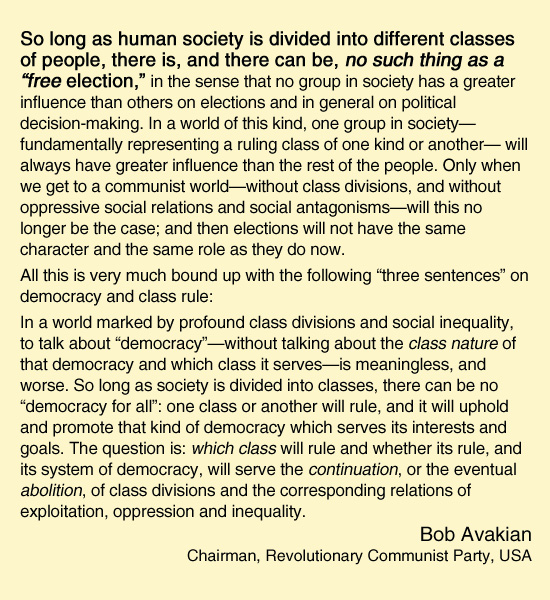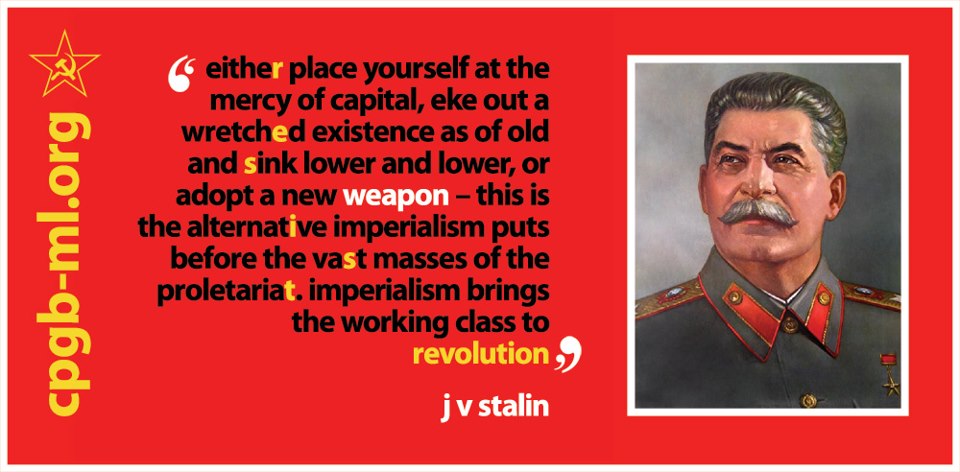
Canada's military watchdog says new numbers showing a one-third increase in sexual assault investigations in the Forces do not begin to tell the whole story of misconduct in the military.
Gary Walbourne made the comments after a report by CBC News detailed that Canada's military police conducted 135 sexual assault investigations last year, a one-third increase over the number of inquiries in 2014.
Walbourne says he receives dozens of sexual assault and harassment complaints each year, the details of which are not included in reporting published by the Department of National Defence. The watchdog also says the department's statistics omit inquiries involving primary reservists or part-time soldiers.
He says he has been lobbying the military without success to look at the information coming across his desk.
- Military sex assault and misconduct investigations increase in 2015
- Gen. Jonathan Vance says sexual harassment 'stops now'
- Military 'blind to or tone-deaf to' sexual misconduct: Vance
The result, according to Walbourne, is that Canadians are receiving only a fragmented view of the scope and extent of the problem, which has seized National Defence for over two years.

Canadian Forces ombudsman Gary Walbourne says complaints of sexual misconduct land on his desk that are not included in reporting by the Department of National Defence. (Sean Kilpatrick/Canadian Press)
A more complete accounting is needed, "if we are going to have a system that is fair and totally inclusive," Walbourne told CBC. "There's more people coming forward. There's activity in the environment. Let's hope that's a good opening and the start of something, but until we start combining all of the numbers, no, we don't have a full holistic picture."
Walbourne said 90 complaints of harassment and sexual assault passed over his desk last year. Some of the allegations were handed to military police, but others went to civilian authorities. His office did not provide CBC with a breakdown of the cases.
The military's reporting also fails to include investigations into allegations of sexual interference, sexual exploitation and voyeurism.
Statistics Canada report delayed
The military has asked Statistics Canada to conduct a survey to determine the scope of sexual misconduct in the ranks, something that was supposed to be completed earlier this month.
It will now be early summer before the information rolls in.
"Some of our Canadian Armed Forces members may have been unable to find the time necessary to complete the [Statistics Canada] survey due to ongoing operational and other military commitments," said Capt. Jean-François Lambert, a spokesman for the group overseeing Operation Honour, the formal name for the military effort to end harassment in the ranks.
"We encourage all Canadian Armed Forces, CAF members to submit their responses soonest."
A history of misconduct
The military has been seized with the issue of sexual misconduct since a published report two years ago detailed allegations and heartbreakingly unresolved cases. The country's former top military commander ordered an independent investigation that was headed by retired Supreme Court justice Marie Dechamps, whose report was a searing indictment of a sexualized culture in the military and a failure of leadership to address it.
Gen. Jonathan Vance, the chief of defence staff, launched a wide-ranging bid to stamp out inappropriate behaviour last summer. The new figures showing an increase say to him that the reforms are working and that potential victims of sexual violence are coming forward.
"I'm not happy that it happens at all, but I'm absolutely certain that the increase in reporting is a result of what Operation Honour is designed to do," Vance said.














